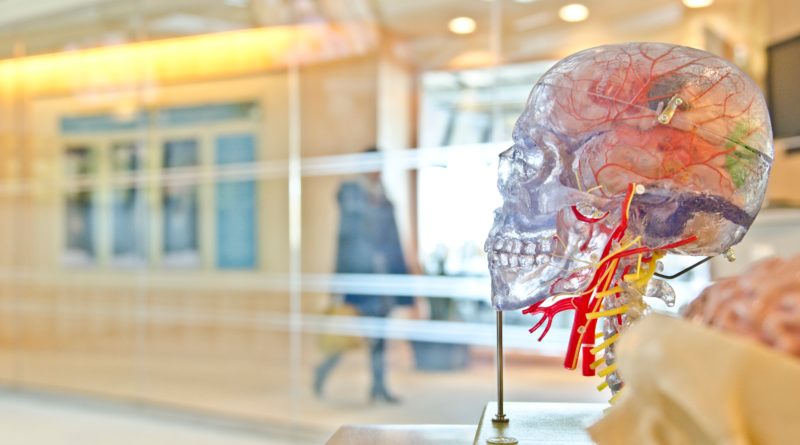6 things that science has done that you never thought could happen
5,420 total views, 1 views today
It’s easy to believe the world is all doom and gloom, especially if you’re an active social media user. It’s practically impossible to avoid it. However, despite all of the bad news we hear daily, improvement has happened in leaps and bounds in the area of science. Below are but a few things that science has done this year to give you hope.
The first thing to note is that science has helped in reversing brain damage. Researchers in the US have released a report that details how they reversed the brain damage of a 2-year-old girl who drowned in a pool. They were able to resuscitate her after two long hours of the heart not beating at all. What was worse was due to the lack of oxygen, there was a lot of deep injury to grey matter and she developed cerebral atrophy. Shockingly enough, thanks to a series of oxygen treatments, the technique was able to restore a large amount of the brain damage that the toddler experienced.
Also, scientists think that they have found a method to help and even reverse Alzheimer’s memory loss. We know the pain of lost memories, but a group of scientists believes that lost memories may not be gone forever. They’ve found a specific enzyme that directly interferes with our key memory-forming process in those that suffer Alzheimer’s. By targeting that specifically we may be able to reverse the memory loss according to this new research the MIT released.
Science has also been working a lot in removing a variety of viruses and diseases too. Scientists are currently working on a drug that could possibly treat some of the symptoms of autism. The results are early but show a lot of promise. The project revolves around a drug called suramin which has been 100 years in the making. Already being tested in children, studies have shown that the drug Is nullifying some of the symptoms of autism in children.
On the note of energy, we may actually be getting close to achieving sustainable nuclear fusion. A lot of scientists believe that the key to an almost unlimited amount of energy is nuclear fusion. For years researchers have struggled to make a machine to be able to control those powerful reactions from nuclear fusion, however, that’s no longer the case. We’ve already seen countries like Germany, South Korea, China, and the UK finding ways to contain the energy within their own reactors. At the rate this is going, scientists predict that we can get onto the fusion energy grid by 2030.
If you are concerned about the environment (which we all should be) science is working on a process that is able to convert seawater into drinking water. This is through a graphene-based sieve which works as a desalination. Announced in April, this filters out salt from the water and produces clean drinking water. It’s still being tested, however, this process can allow us to use one of the most abundant supplies we have and turn it into a resource that we desperately need across the world.
Lastly is the exciting news of the hyperloop. If you’re not familiar with these, this is basically the brainchild of Elon Musk. It’s essentially a shuttle system that can shoot people into pods that move at insane speeds. According to Elon Musk, he wants these pods to go at about 1,126 km per hour. That’s 700 miles per hour! At those speeds, you could take a hyperloop from New York and you can get to Washington DC in about 29 minutes! These are already being built in the US, the Netherlands, Czech Republic, and Slovakia. The overall goal is to have a hyperloop system set up between Amsterdam and Paris by 2021 as well.
While you may not be following science a lot, there is still a lot of cool stuff that science is doing that we may even use in the future!


Just to show that we have advanced well. I can’t wait to see what more we can do while I’m alive.